- Payment Options
- Terms Conditions
- Malibu 453 blv
- info@charity.com

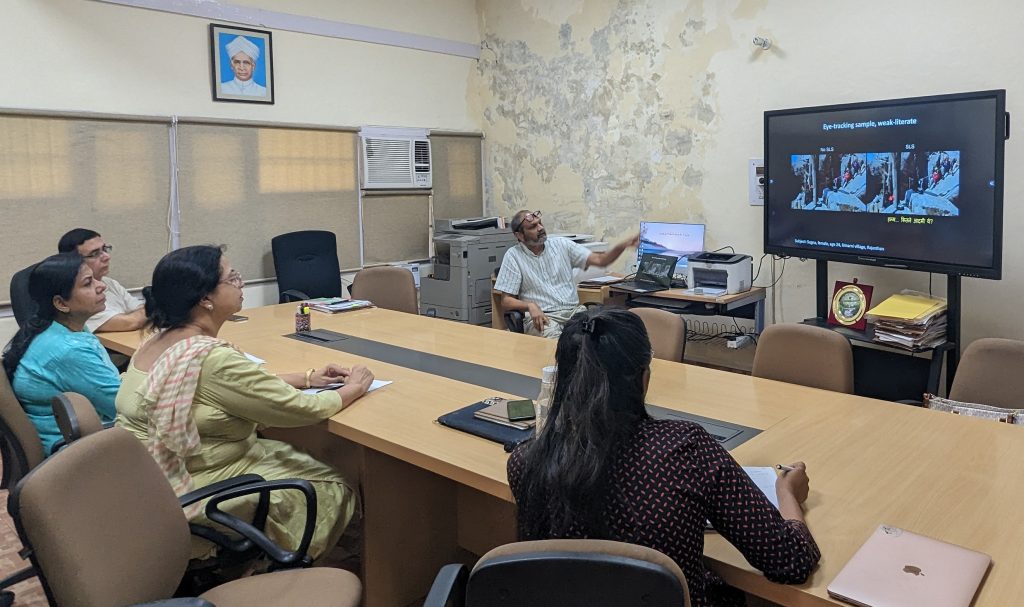
Over the next 5 years, our goal is to nudge stakeholders to a universal standard for media access and lifelong reading and learning. We shall partner with the central and state governments, private TV networks, and streaming platforms to bring about this system change.
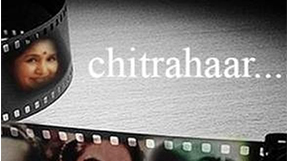
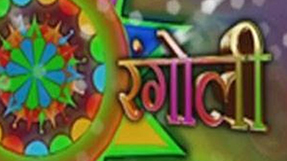

In the last two decades, viewers have enjoyed SLS on Chitrahar, Rangoli and many more ...
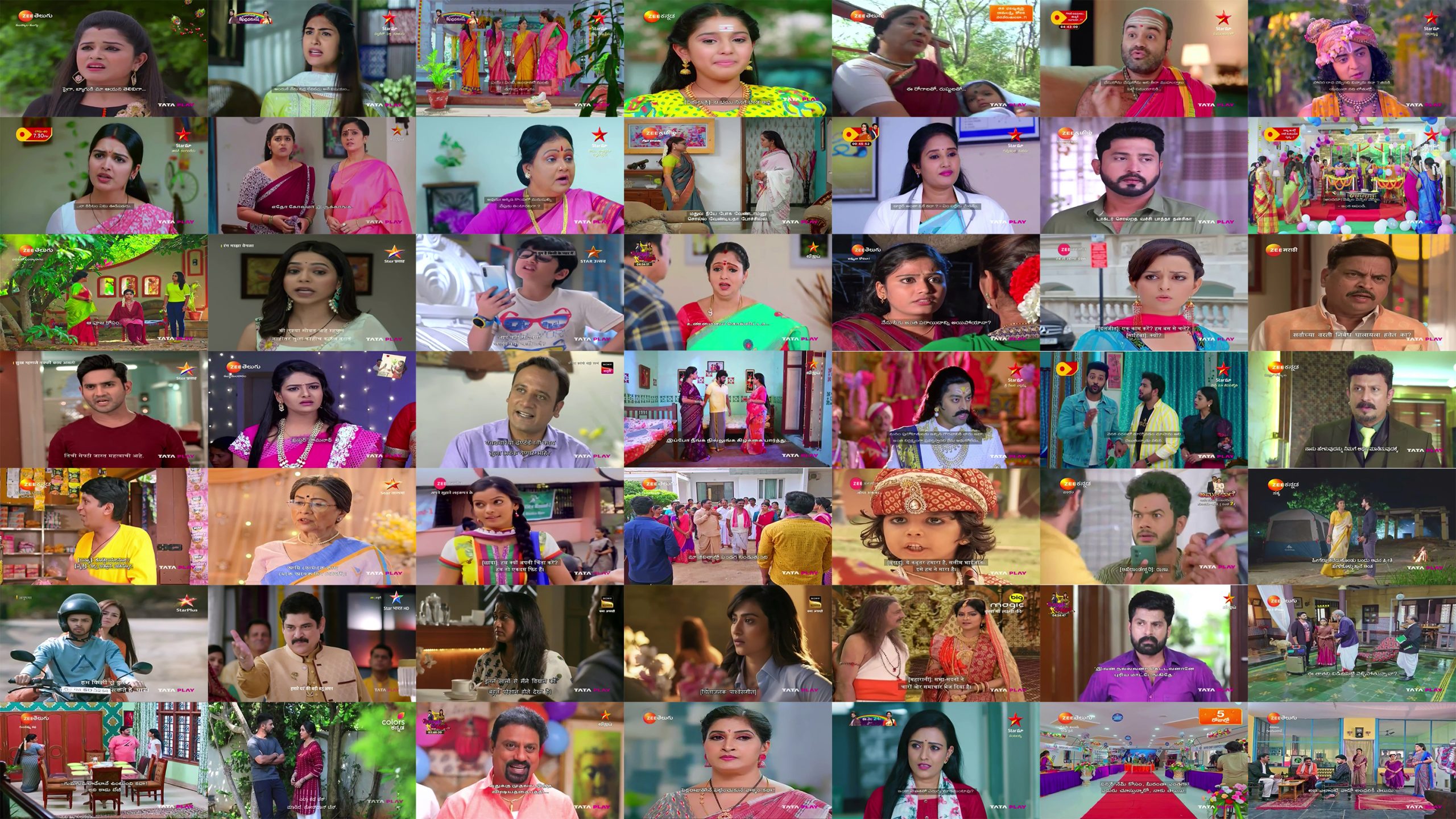
Studies have shown that SLS exposure causes automatic and effortless reading practice even among beginner level readers.
Studies have found compelling evidence that regular SLS exposure results in improved reading outcomes for children and adults.
Our ongoing research among a diversity of low-income girls and women has found an enthusiastic response to SLS, especially among mothers who immediately see its value as an aid for reading and importantly, as an intuitive assessment of their child’s ability to read.
We took SLS to school children, girls and women in remote villages in different states in India.
Here's everything we found out.
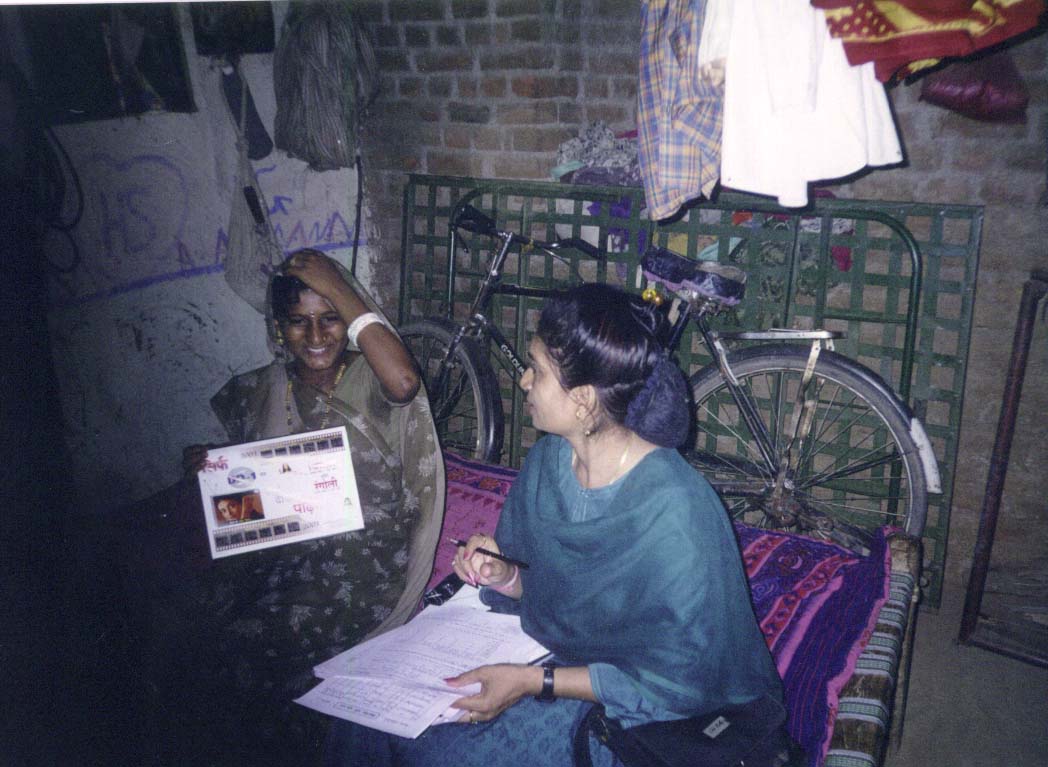
Studies have shown that girls and women watch more TV than men and boys. Girls and women are also deprived and isolated from education very early on.
This can change if a means of automatic reading is made available with Same Language Subtitling on television.
We've seen evidence in our research that women become more independent and confident with improved abilities of reading.
We've worked in states like Gujarat, Bihar and Punjab to gather media consumption patterns amongst children in the state.
In our partnerships with these states, the conversation is focused around bringing SLS in regional state language as well as in the aspirational languages in the state, such as English.
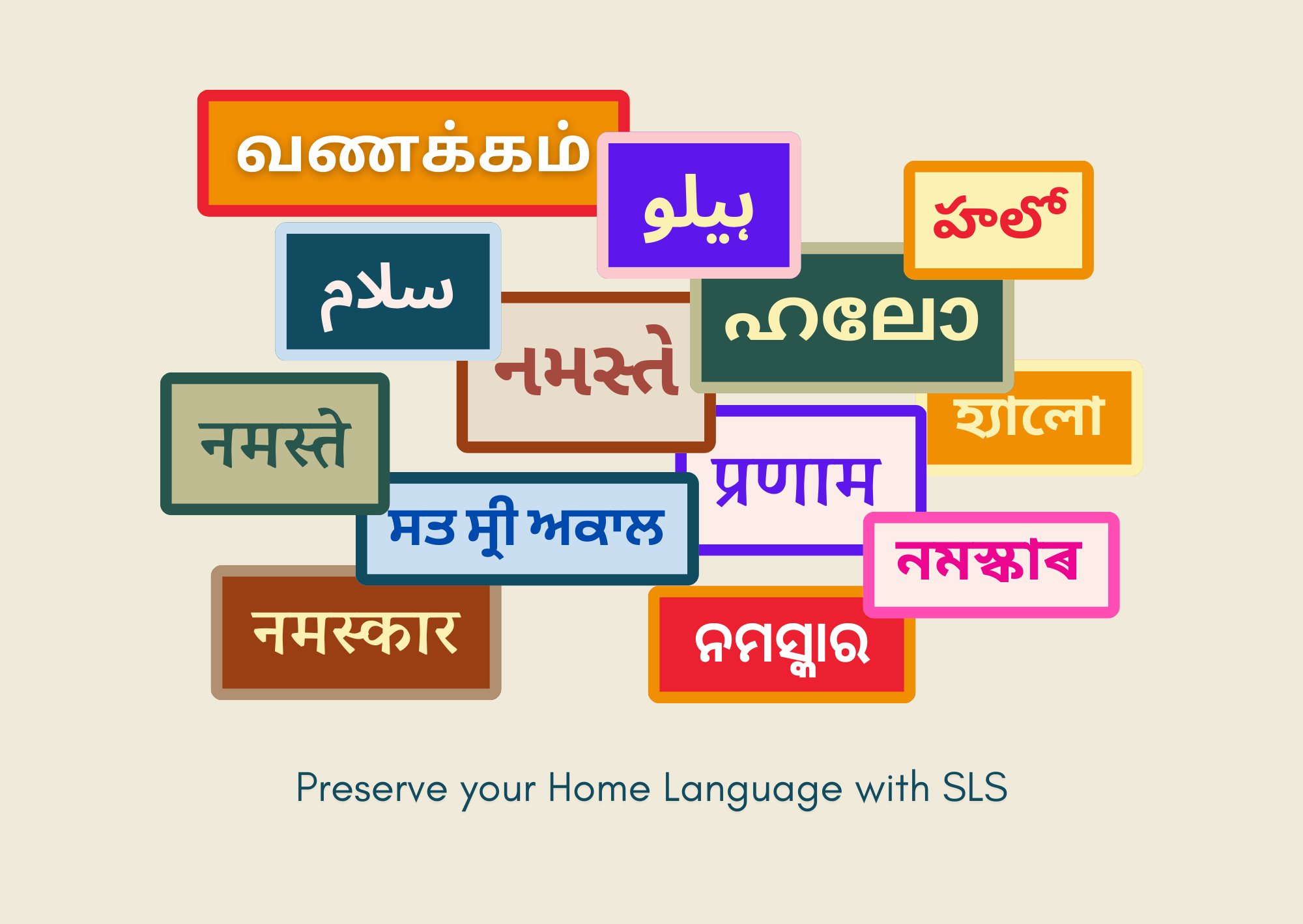
Same Language Subtitling can support early language acquisition and bridge the language gap between the home language and school language. This can help a child get a kickstart in academics and inculcate improved reading habits.
Children respond positively to SLS and have shown an improved word recall capacity after watching educational videos and stories with Same Language Subtitling.
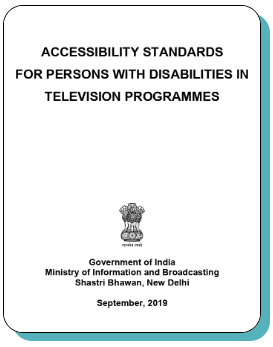
In 2019, SLS became part of the Ministry of Information and Broadcasting Accessibility Standards, under the Rights of Persons with Disabilities Act, 2016. It was built on the advocacy of disability rights based groups and BIRDs evidence-driven policy advocacy conducted over the past two decades. Our work has driven national broadcast policy to mandate SLS to be used on 50% entertainment content on television by 2025, in every language, state, and channel.
Subscribe to our newsletter
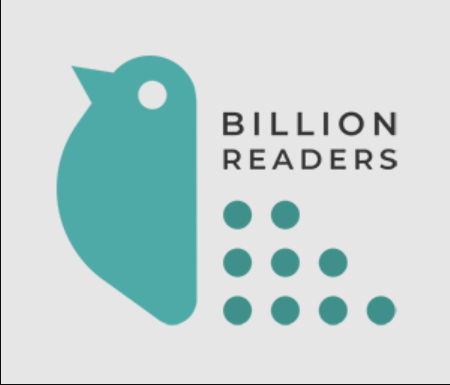
Lorem ipsum dolor sit amet, consectetuer adipiscing elit aenean comm odo ligula eget dolor massa Lorem ipsum dolor sit amet, consectetur adipiscing elit. Aenean egestas magna at porttitor vehicula nullam.





Error: Contact form not found.
Billion Readers © 2024 . All Rights Reserved.